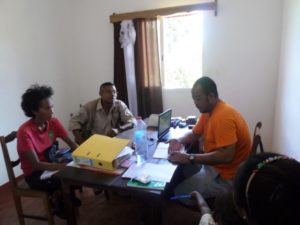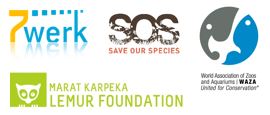Our Work
Community Collaboration
A large focus of the AEECL ethos is to connect the local communities to the conservation work in the area and empower them to become ambassadors for the wildlife and habitats surrounding them. Education is vitally important as historically local communities contributed heavily to the degradation of the landscape and the decline in lemur numbers. As Madagascar in general is a very poor country, people in remote areas have always looked to the land to provide them with fuel and accommodation (through logging and slash and burn agriculture) and food and income (through the hunting, trapping and selling of wild animals).
![]()
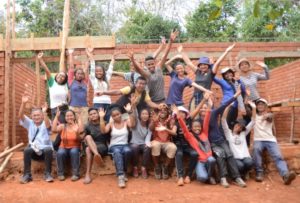
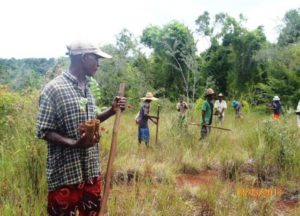
By encouraging the cooperation and involvement of the community in the activities of the AEECL, we are creating a more holistic approach to conservation, ensuring all parties take ownership of the problems and solutions.
Sponsoring Teachers & Students
To highlight the importance of protecting the habitats around them, the AEECL heavily support the education system in the Sahamalaza National Park. Many children never complete their schooling as they are often pulled out of school to assist their families, especially if there is harvesting of crops to be undertaken.
The AEECL offer a sponsorship programme for students which assists with their school fees. This helps provide the motivation for families to keep their children in school. Whilst in the education system, we can ensure they are learning about the unique and important habitat on their doorstep and the importance of protecting the world around us and the benefits this can bring to us all.
We also provide a grant scheme for teaching staff to help pay a proportion of their wages, many teachers’ salaries are reliant on the parents’ school fees and there can often be a shortfall, causing a lack in full time teaching staff and motivation.
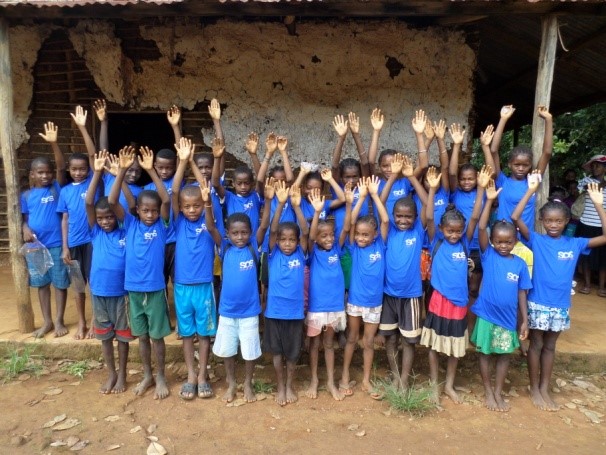
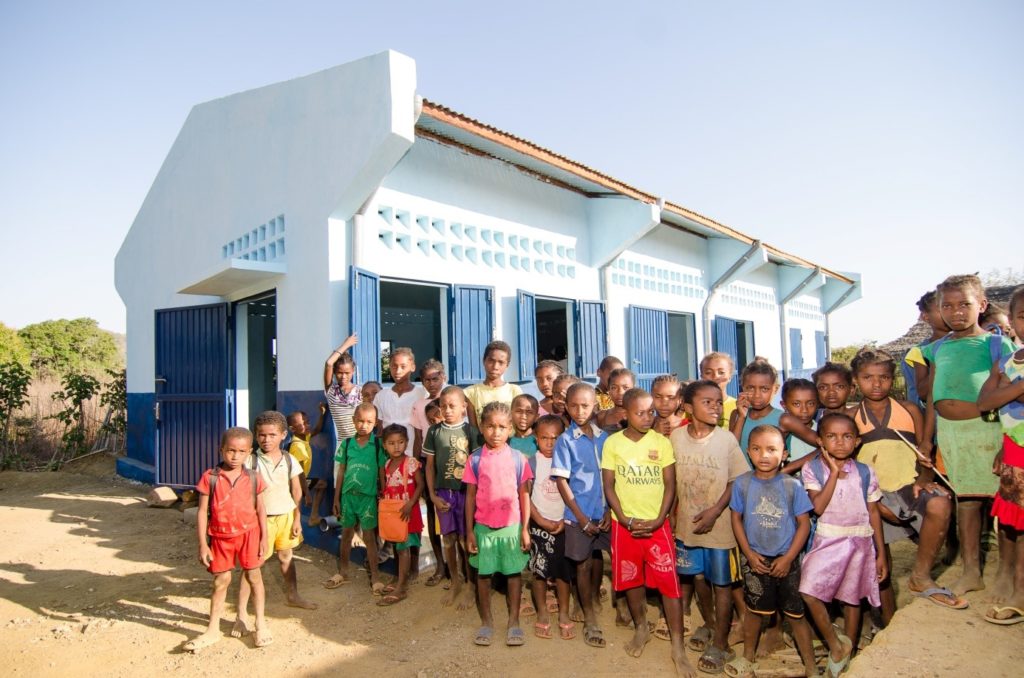
Natural Resource Management Programme
Preventing Forest Fires
Fire outbreaks are a common occurrence in Madagascar but can be devastating for an already threatened habitat. To try and prevent the spread of forest fires, the AEECL run a programme of firebreak creation and maintenance. As part of the community collaboration work, local villagers are invited to take part in these events which happen two to three times a year. The condition of all existing firebreaks need to be upheld and new ones created.
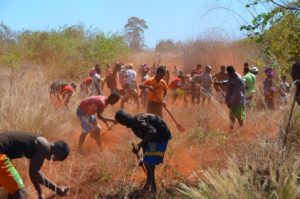
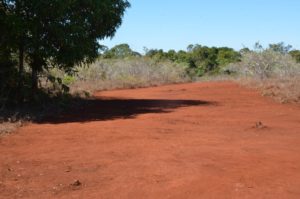
Reforestation
The forest within the Sahamalaza National Park is severely fragmented, meaning wildlife movement can be restricted. This is a particular problem for at risk species such as the lemurs, whose numbers are limited and movement through the forest is vital to allow breeding with unrelated pairings and genetically distant individuals of the same species.
The AEECL are involved with a major national reforestation programme which looks to plant 80,000,000 trees and reforest 3,600,000 mangroves throughout Madagascar.
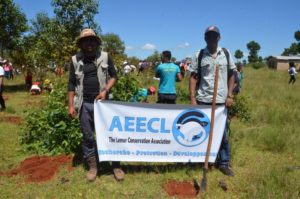
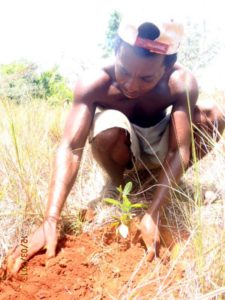
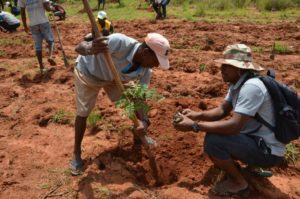
The AEECL are also supporting the establishment of a regional tree nursery to facilitate the reforestation.
Lemur Festivals & Celebrations
Engaging the local communities with the conservation work of the AEECL is vital and every year the AEECL help organise and celebrate two lemur festivals.
The local lemur festival, ‘Akomba Manga Maso’, meaning ‘blue eyes’ celebrates the blue-eyed black lemur and the amazing biodiversity of the surrounding environment. A wide variety of celebrations are held over a few days, with processions, games, environmental awareness workshops and quizzes plus traditional Malagasy entertainments.
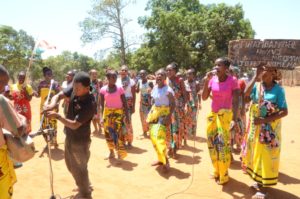
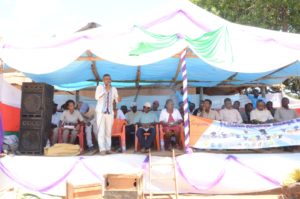
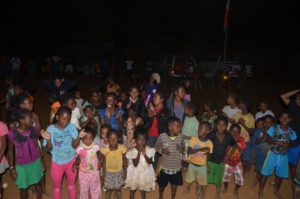
The World Lemur Festival, celebrated annually in many countries in October and November, highlights the plight of lemur species in Madagascar and aims to educate people on the issues these species face, but to also demonstrate the on-going conservation measures that are in place to protect and save lemur species from further decline. As with the local lemur festival, the aim is to empower people to act to support these conservation efforts.
Working with Madagascan Authorities & Advocacy
Aspects of the work of the AEECL include liaising with Madagascan authorities and other conservation organisations to garner support for AEECL activities within the National Park and to keep close links with the relevant governmental bodies. These relationships are vital to be able to move forward with the work of the AEECL and are also fundamental to tackling issues surrounding poverty, illegal activities within the park such as slash and burn and hunting, and crisis management when faced with flooding or fires.
